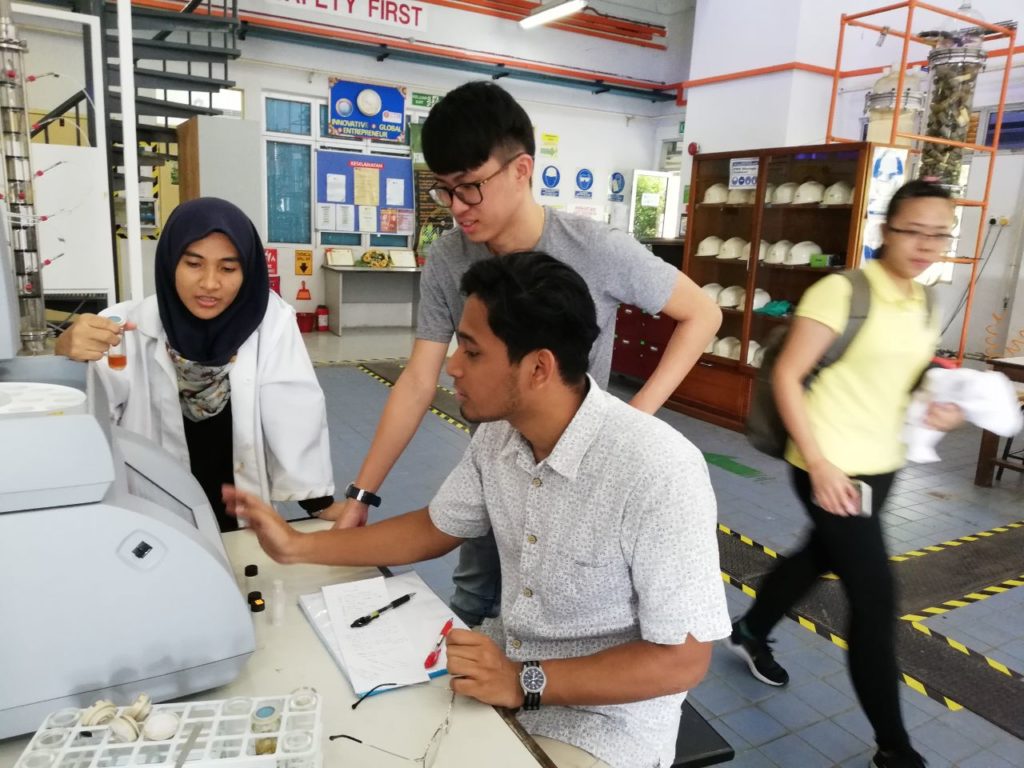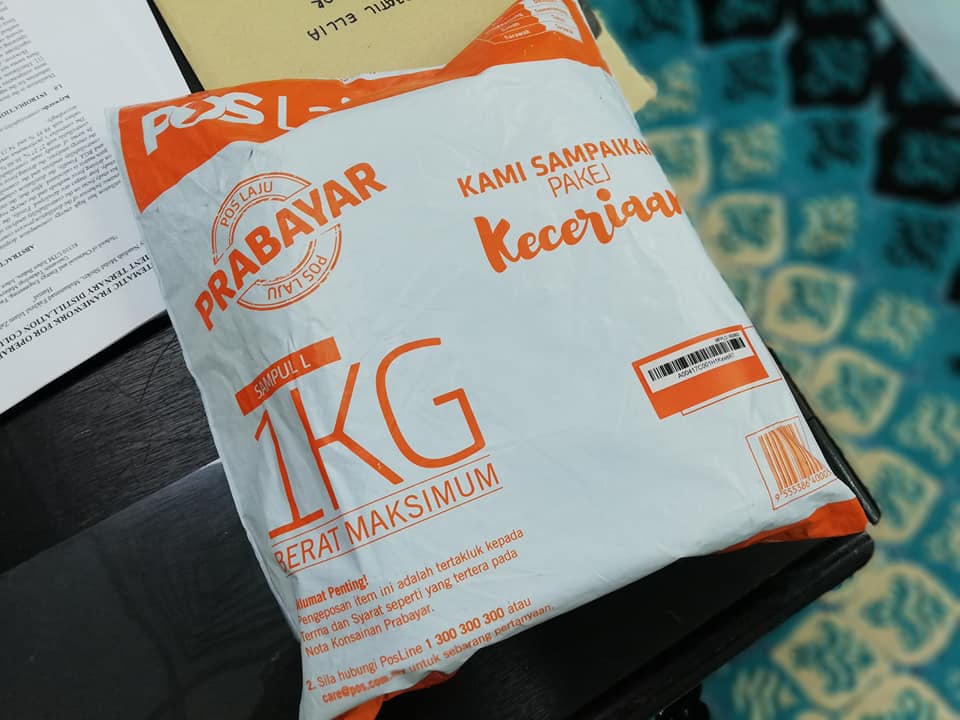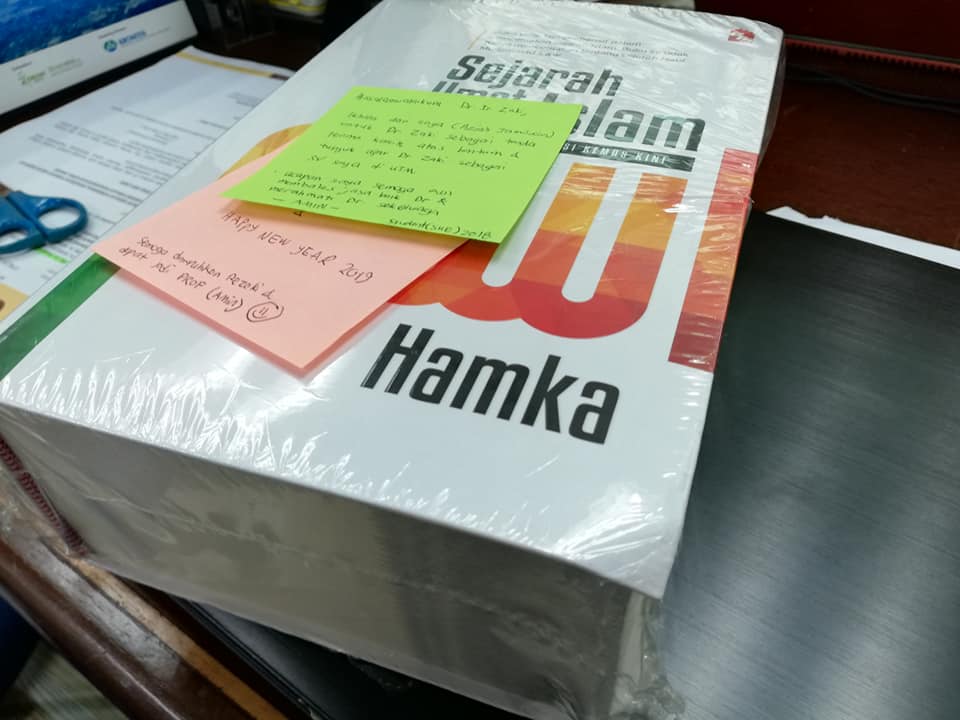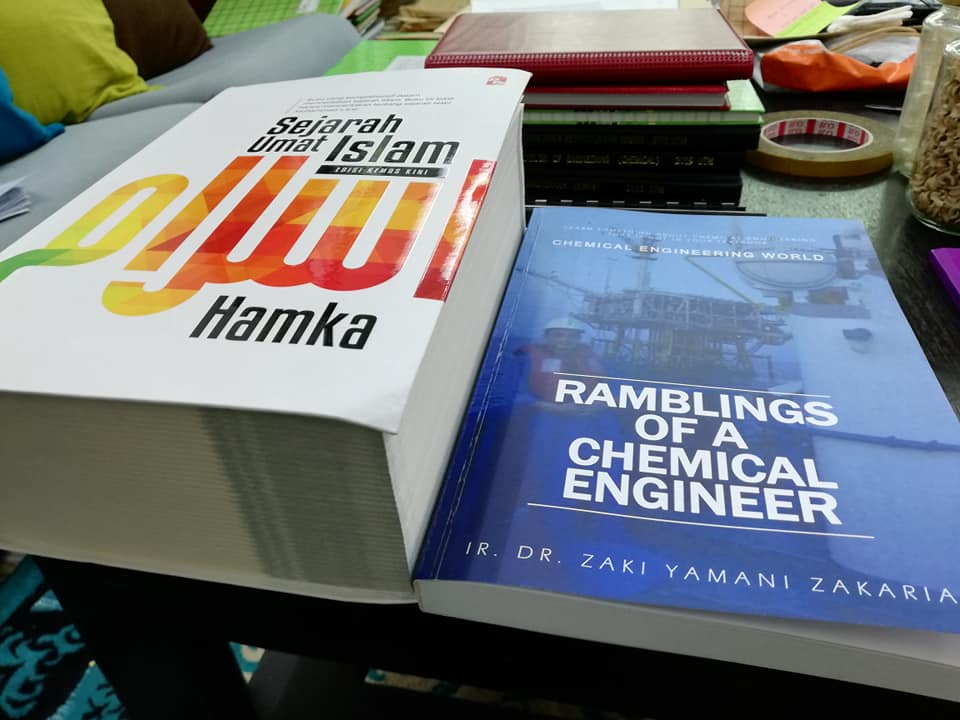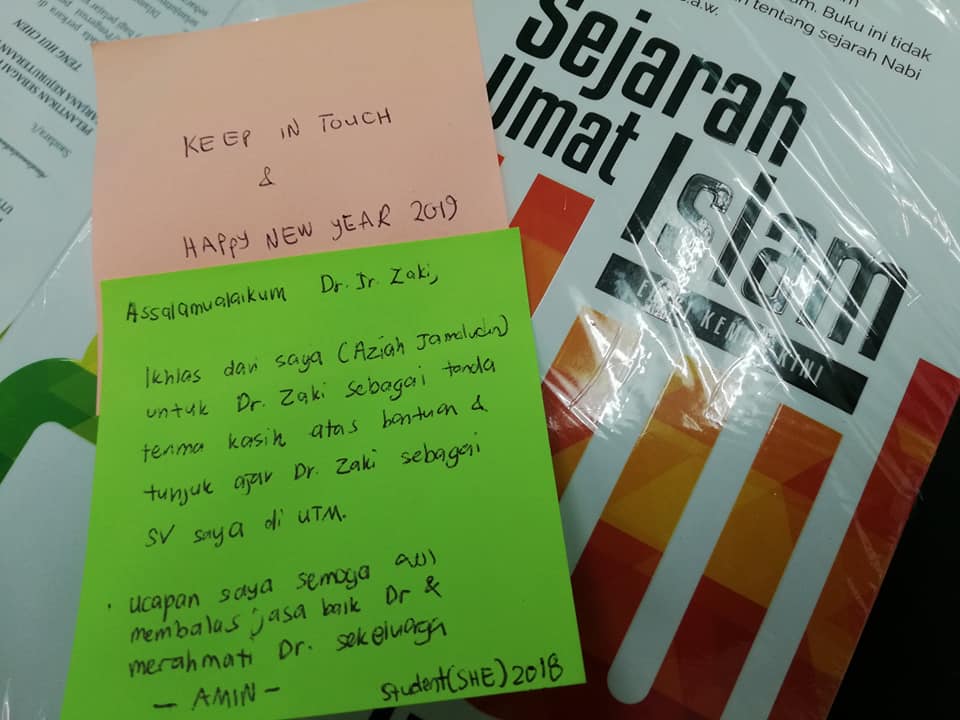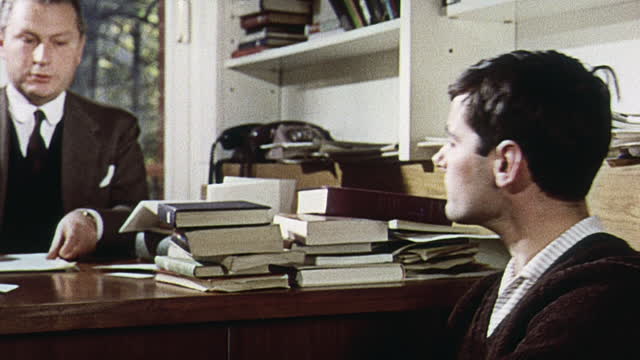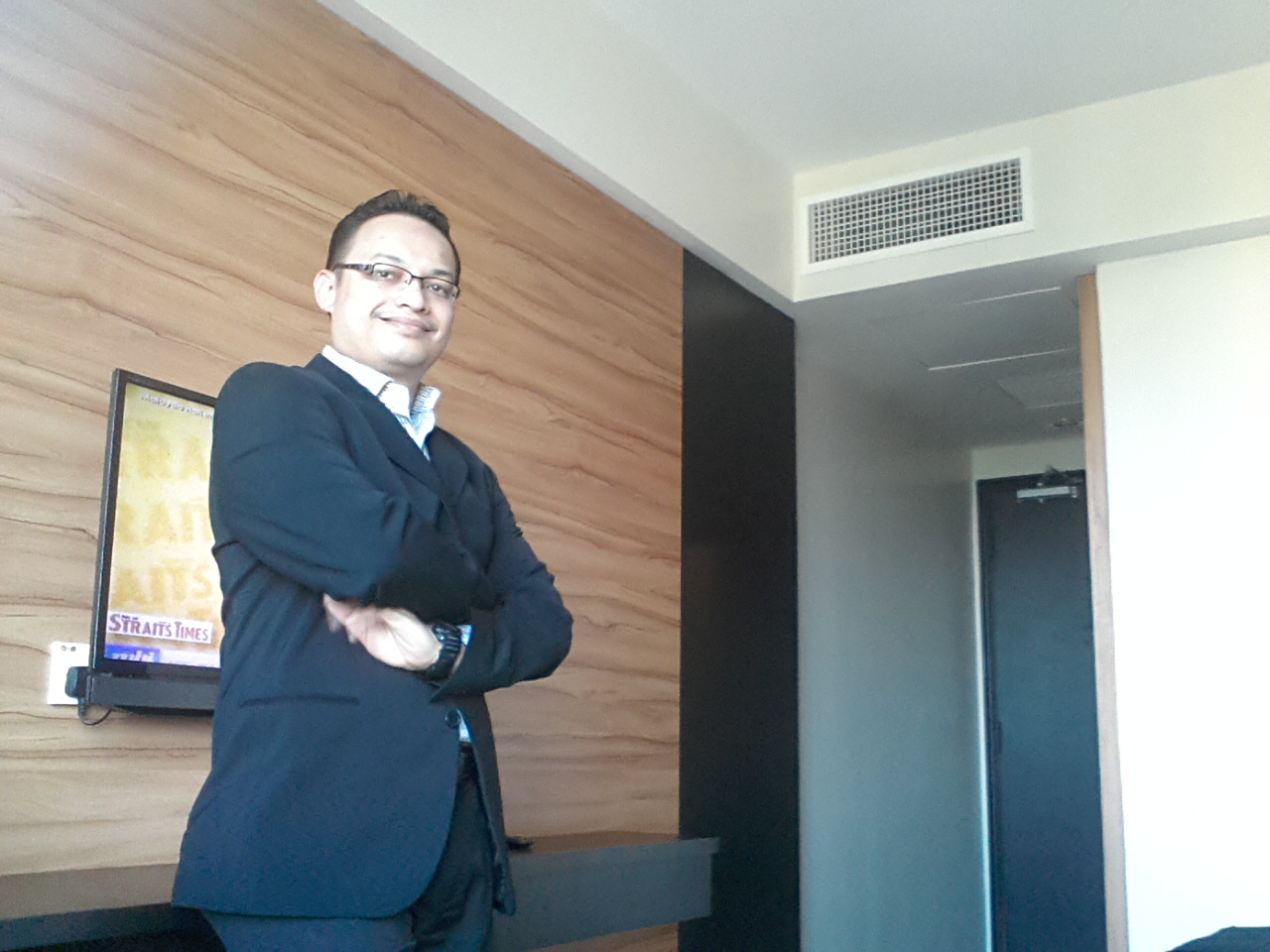Today, I entered the lab, not to monitor or to check but to do some tiny bit of experimental work. It has been such a long time since my PhD that I didn’t do any lab work. Well, it is mainly because I am venturing into a new research area. I was there at the lab with my Master and Undergraduate research students.
English Proof Reading Services
Fancy getting your thesis, writing, article, report etc be proof read by a professional intelligent proof reader?
Look no where. I have here the perfect person for you. She is a Chemical Engineering Professor and that means she understand science, technology, engineering, but not only that, she is well verse with various social science write up as well.
Here is a little bit something about this fantastic proof reader:
I am a professional proof reader and translator. I will provide you guidance, feedback, and partnership you need to graduate on time and get on with your life and career.
Pakej Tidak Terduga
Pada suatu tengahari yang cerah mentari panas memancarkan sinar menerangi alam, saya menerima sepucuk email memaklumkan untuk mengambil pakej bungkusan di pejabat.
Aittt! “Bila pulak saya beli barang?”, bisik benak hati ini. Saya pun tak expect apa2 dari sesiapa. Saya pun pick up pakej itu dan terasa berat. Berat betul.
Saya pun membuka pakej bungkusan Pos Laju 1kg tersebut di ofis. Oh… Macam kitab, macam buku. Rupanya sebuah buku sangat tebal nukilan Hamka iaitu “Sejarah Umat Islam” . 3 atau 4 kali ganda lebih tebal dari laptop Lenovo saya.
Hamka sebenarnya warga Indonesia yang sangat berkebolehan dan terkenal. Beliau merupakan Ahli Falsafah, Ulama, Novelist dan Ahli Politik.
Saya hargai pemberian ini. Terima kasih Aziah Jamaludin, pelajar Master Safety MKKH saya yang baru graduasi Oktober lalu. All the best in your future undertaking.
What is Proximate Analysis and Ultimate Analysis
What is Proximate Analysis?
Proximate analysis is a way to determine the distribution of products when the samples are heated under specified conditions.
From: Fuel Flexible Energy Generation, 2016
What is Ultimate Analysis?
Ultimate Analysis Tests. Ultimate analysis tests produce more comprehensive results than the proximate analyses. SGS uses the results from ultimate analysis tests to determine the elemental composition of the coal including moisture, ash, carbon, hydrogen, nitrogen, sulfur, and oxygen (by difference).
UTHM Student Laboratory at FCEE Separation 1 Lab
UTHM Student Laboratory at FCEE Separation 1 Lab. The event was conducted for 2 days. The lab was supervised by Dr. Mazura Jusoh and assisted by Mr. Rafiza and Sharray as the Assistant Engineer.
9 Things Student Should Not Do When Meeting Lecturer In His/Her Office Room
As a lecturer, I faced various occasion that I am not comfortable with when dealing with students in my office room. From my short servicing years and a relatively longer one of my other half, we experienced several unpleasant moment with students, which leads to the compilation of this short article. Before that, let me explain that lecturer welcome students to their office, but the students need to know the etiquettes and limits. We gathered only 9. There may be more spectacular or unbelievable act of students that we do not experience. OK let’s not waste any time. Let’s dive into the 9 things student should not do when meeting lecturer in his/her office room.
1. Entering lecturer’s office room without knocking
This is pure basic polite necessity. When you enter anybody’s room, you must show respect by knocking the door to ask permission to enter the room. No need for rocket scientist brain to think of that.
2. Sitting on the chair without asking permission
What do you do when you attend an interview? When you were called, you enter the room and ask permission to sit in front of the interview panel. It should be similar practice when you meet your lecturer. Ask permission when you want to sit. I still do that when I meet my supervisor in her office, even though I am a lecturer, which simply means we are colleagues.
3. Playing or touching stuffs on lecturer’s table
Please show some respect to your lecturer. You are in his/her office. It must be interesting to be in the office. You see numerous interesting and exciting stuffs such as shiny medals/awards, working files, official letters, confidential documents, photo frames, attractive looking pen, stack of business card, latest gadgets and so on. You have no right to touched all those private items belonging to your lecturer. Just sit still and do just what you are supposed to do with your lecturer. Not touching stuffs.
4. Checking out/trying to see what is displayed on the lecturer’s monitor/laptop (without the lecturer asking to)
It’s annoying. Why you should be so interested in what is displayed? If you are not asked to see the monitor/laptop screen, don’t attempt to do so. If you do so, you are entering your lecturer’s sky zone, and that’s not good. However, if your lecturer ask you to do so, that’s perfectly fine.
5. Texting (SMS) while talking/discussing/consulting in front of the lecturer
This act is so rude, especially when your lecturer is showing you something or is looking at you, who require eye contact, you deviate your focus and attention towards your hand phone, replying SMS. Please don’t do this, or you won’t get your lecturer’s attention anymore after this.
6. Answering phone call while talking/discussing/consulting in front of the lecturer
Who is more important? You or your lecturer? Does your lecturer need you? Or you need your lecturer? Should the lecturer wait and listen to your telephone conversation? This behaviour is just like the previous one. You should show more respect. Silence your hand phone and focus on your consultation with your lecturer.
7. Meeting the lecturer unprepared
I believe it is not easy to meet your lecturer. They are very busy person with various tasks to perform, in and outside the office. So, when you managed to meet your lecturer, please make full use of the chance. You may want to ask something or consult your research direction (if you are a master or Ph.D student). Make sure you bring all the required information that can support the discussion and analysis. Don’t come unprepared. Come with full preparation.
8. Not knowing when to leave the office room
You are at your lecturer’s room. You have got the answer to your subject or research problem. However, you decided to stay longer, acting casual, wanting to chit chat with your lecturer. It is fine to have a brief mingle session. However, you need to know your limit. As stated earlier, your lecturer is a very busy person, with journal papers to write/edit, not to mention other countless KPI to accomplish. So, don’t take more time than required in your lecturer’s room. Know when you should leave.
9. Meeting lecturer nagging / begging for additional marks
Oh no… don’t do this. You should have prepared extremely well for your examination and test. When the marks are released and you get shocked starring at some numbers which you think you do not deserve, you frantically ramp into your lecturer’s office and begin the begging process, asking for that tiny little marks with just one reason, to improve your grade from C to B or from B to A and so on.
Perhaps other points lecturers or students would like to share?
MKK Master Chemical Engineering – First Stage Assessment
Today I examined 2 MKK students, mixed mode alongside with Associate Professor Ir. Dr. Ramli Mat. Both students were David (from Nigeria) and William (from Kenya). Both are great fantastic brilliant students. Both presented well and the works that they have/will be doing are impressive. Both students are presently supervised by Prof. Ir. Dr. Nor Aishah Saidina Amin (NASA) and co-supervised by Dr. Tahir.
After lunch, it was my student’s turn to be examined. Ammaru (from Nigeria) was evaluated by Dr. Tahir and Dr. Mahadhir, with Dr. Abbas as the chairman. Ammaru did great and he need to improve a bit in his proposal. Nothing much to worry though 🙂
My 2 cent
It’s good to be both examiner and supervisor at almost the same time. I personally learned a lot from this exercises, which is crucial for personal development and improvement. giving advice and inspiring the student to do better is another angle of which we need to be good at. Working on that 🙂
Publication in Advances in Chemical Engineering and Sciences
Alhamdulillah, we managed to publish in another great journal. Here is the detail:
Mazura Jusoh, Anwar Johari, Norzita Ngadi, Zaki Yamani Zakaria, Process Optimization of Effective Partition Constant in Progressive Freeze Concentration of Wastewater, Advances in Chemical Engineering and Science, 2013, 3, 286-293 (PDF).
Process Optimization of Effective Partition Constant in Progressive Freeze Concentration of Wastewater
Mazura Jusoh, , Anwar Johari, Norzita Ngadi, Zaki Yamani Zakaria
ABSTRACT
Response surface methodology (RSM) was employed to optimize the process parameters for effective partition constant (K) in progressive freeze concentration (PFC) of wastewater. The effects of coolant temperature, circulation flowrate, initial solution concentration and circulation time on the effective partition constant were observed. Results show that the data were adequately fitted into a second-order polynomial model. The linear and quadratic of independent variables, coolant temperature, circulation flowrate, initial solution concentration and circulation time as well as their interactions have significant effects on the effective partition constant. It was predicted that the optimum process parameters within the experimental ranges for the best K would be with coolant temperature of −8.8˚C, circulation flowrate of 1051.1 ml/min, initial solution concentration of 6.59 mg/ml and circulation time of 13.9 minutes. Under these conditions, the effective partition constant is predicted to be 0.17.
Keywords: Effective Partition Constant; Wastewater Treatment; Progressive Freeze Concentration
More of my published journals are published here.
